https://www.funimation.com/shows/rascal-does-not-dream-of-bunny-girl-senpai/
finally getting around to watching this show. denpa recommended it to me, and I never was against watching it, but I saw mai won the best female character award in some 2018 anime awards something or other.
now that I am watching it, I am glad.
This intersection of “real magic”, quantum reality, intention, (jungian) individuation is right up my alley.
I can see why Mai won this award. She’s simultaneously a true anime gal while having realistic characteristics. 
The juxtaposition of her playful, sarcastic, honest, mature, innocent natures – the paradoxical self.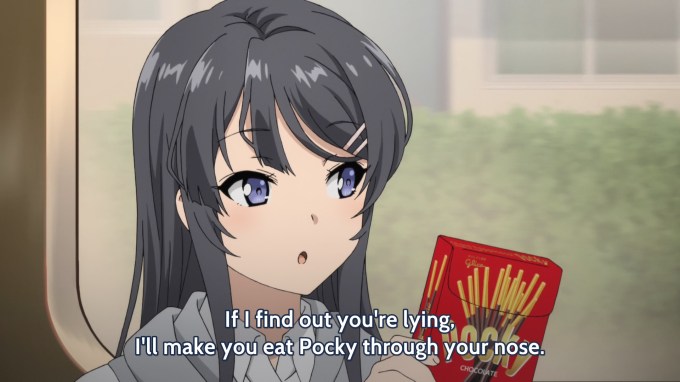
My new catchphrase.
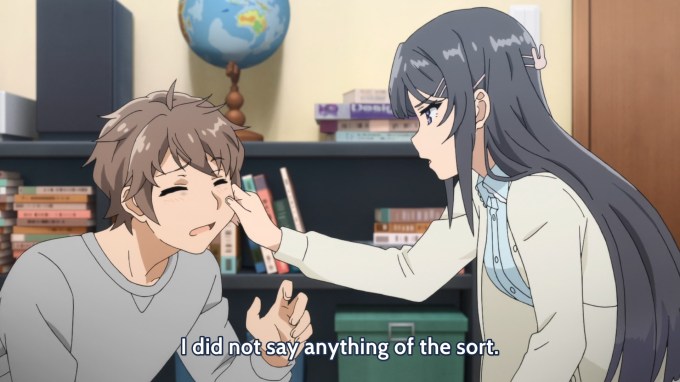
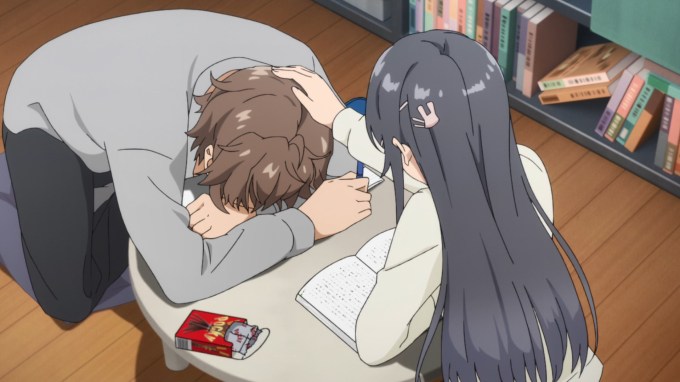
psst here’s a secret. i enjoy when my head is patted too.
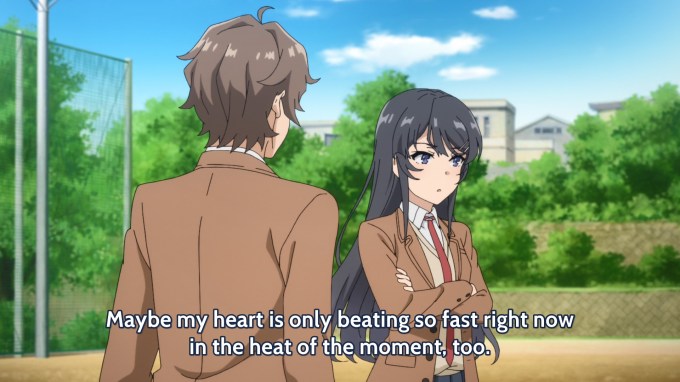
studies have shown this to be true. misattribution of arousal. The classic bridge experiment.
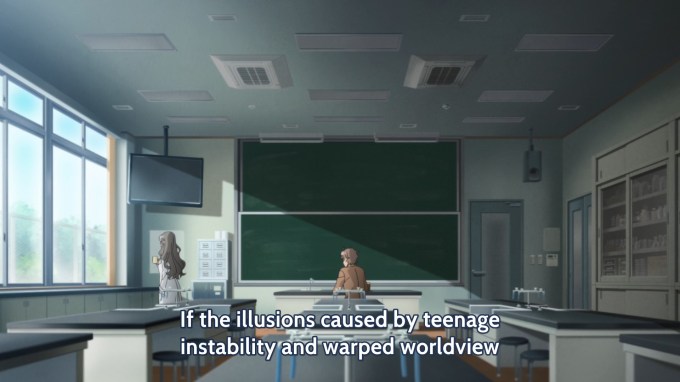
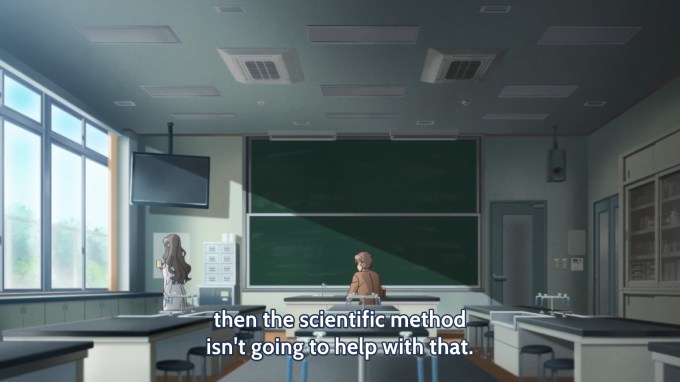
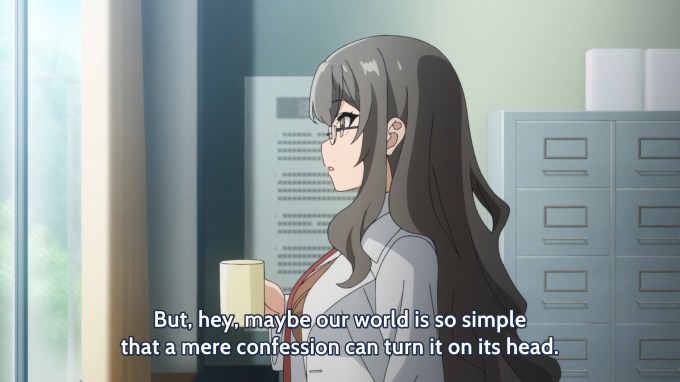
Dean Radin’s book Real magic does a pretty good job bringing these elements together. The key point of the book is that the essence of magic is the application of intention and attention and modulated by belief, imagination, emotion, and clarity.
This connects well to core existentialist modes of thought and I purport with the Jungian concepts of individuation.
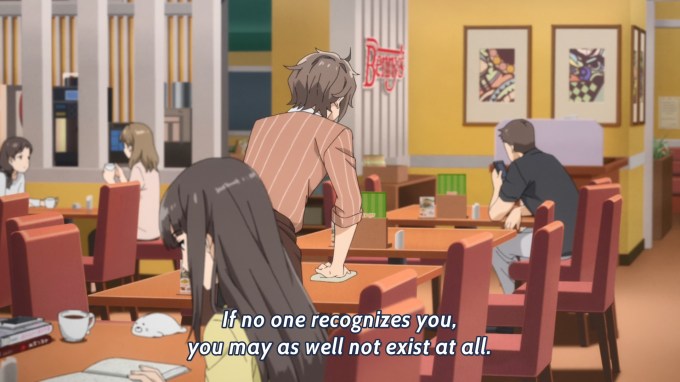
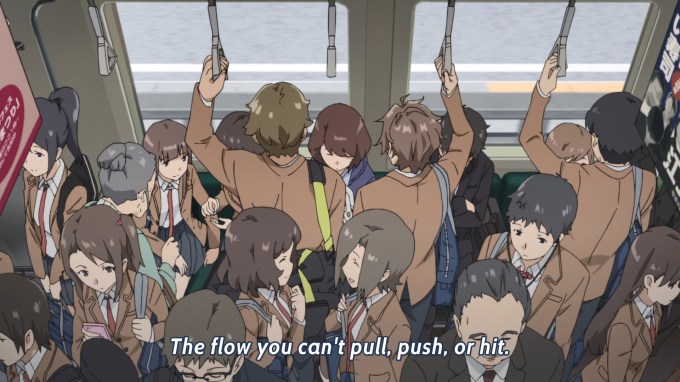
The flow.
Re: Correlate with Jungian and sociological concepts of collective consciousness.
But in the end, it is the intentional act of the self to seek the Self.
This is a major reason I love anime – such common placements of such topics – with such depths to be explored.





